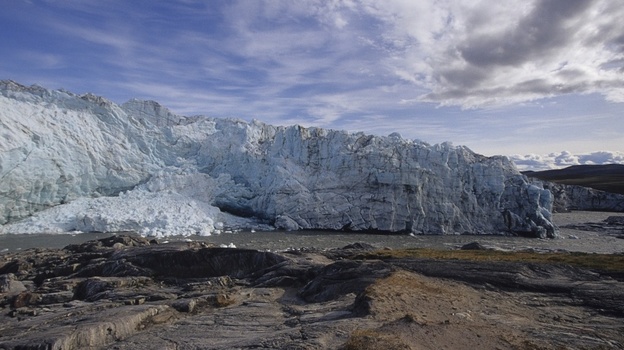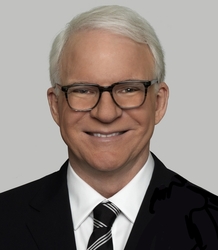 Saturday, April 7, 2012 at 11:48AM
Saturday, April 7, 2012 at 11:48AM Sex, Drugs, and Rock Photography
"Mick Rock is really his name — though he's Michael to his mother — and he is exactly what you might imagine a rock photographer to be: tall and hip with shaggy hair. Shaded Ray-Bans, jean jacket, scarf. Oh, and an English accent to boot — so he can drop words like "bloody" and "shag" with allure (though he doesn't shy from the American equivalents, either)."
you might imagine a rock photographer to be: tall and hip with shaggy hair. Shaded Ray-Bans, jean jacket, scarf. Oh, and an English accent to boot — so he can drop words like "bloody" and "shag" with allure (though he doesn't shy from the American equivalents, either)."
"'In any other era, dogs wouldn't have pissed on me,' he says. 'Thank God for Mick and Keith,' who helped make lanky, messy Englishmen cool. He's referring to the Rolling Stones, of course."
"Now in his 60s, Rock remembers the '70s well. Or, parts of them. And it goes without saying that the times have changed."

















